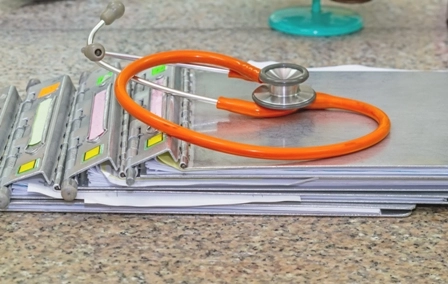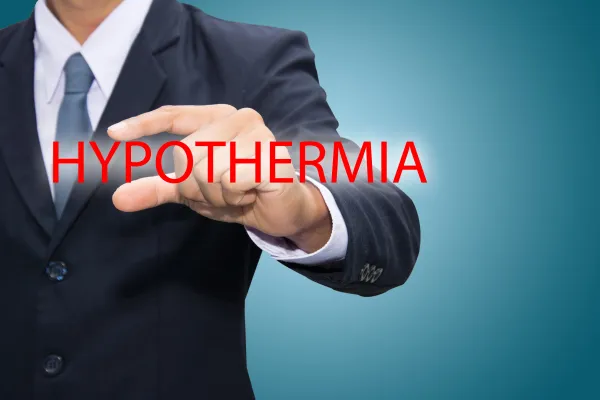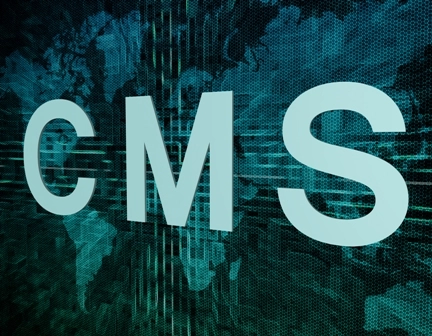Initial ICD-10 Claims Garner High Success Rate
Plus – Meet this MAC’s signature requirement for appeals.
Although ICD-10 has been in effect for barely a month, CMS already appears ready to declare it a success – at least initially. The agency released some stats about the new diagnosis coding system on Oct. 29, and those numbers are quite positive.
Between Oct. 1 and Oct. 27, Medicare processed 4.6 million ICD-10 claims per day, and only 10.1 percent of them were denied. Out of the denials, 0.1 percent were rejected due to an invalid ICD-10 code, and another two percent were denied because of incomplete or invalid information.
“CMS has been carefully monitoring the transition and is pleased to report that claims are processing normally,” the agency said in the news release. “Generally speaking, Medicare claims take several days to be processed and, once processed, Medicare must — by law — wait two weeks before issuing a payment. Medicaid claims can take up to 30 days to be submitted and processed by states. For this reason, we will have more information on the ICD-10 transition in November.”
This MAC Wants Signatures on Appeals
Don’t shoot yourself in the foot on your Medicare claims appeals. “A paper appeal (faxed or mailed) must contain a handwritten or electronic signature of the appellant,” MAC Palmetto GBA notes on its website. “If you are currently typing a name in the signature field, copying and pasting an image of a signature, or submitting a form that contains a copy of a signature, in the near future, Palmetto GBA will be returning those appeals for proper signatures,” the MAC says.




